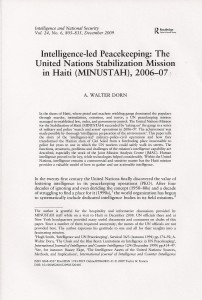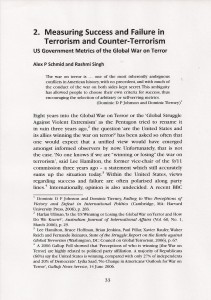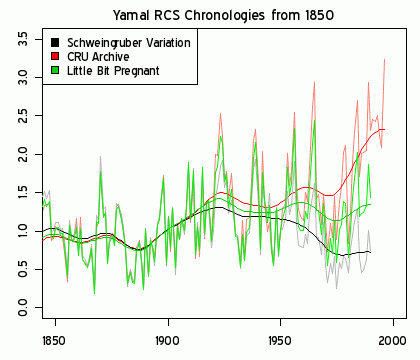
Landrieu phone plot: Men arrested have links to intelligence community
WASHINGTON — Two of the three men arrested on Monday along with “ACORN pimp” James O'Keefe for “maliciously tampering” with Sen. Mary Landrieu's (D-LA) phones in her New Orleans office have ties to the United States intelligence community.
. . . . . . .
Dai has been an undergraduate fellow with the Washington-based national security think tank Foundation for the Defense of the Democracies (FDD), according to his College Leadership Program award biography at the Phillips Foundation — as Lindsay Beyerstein first reported.
FDD claims that it's partly funded by the US State Department. Its Leadership Council and Board of Advisers comprise many high-profile conservative politicians and public figures — including former House speaker Newt Gingrich, Sen. Joseph Lieberman (I-CT), Weekly Standard editor William Kristol, Rep. Eric Cantor (R-VA), former Bush official Richard Perle and columnist Charles Krauthammer.
Dai traveled to Israel for two weeks in 2004 on an FDD-sponsored trip, the Daily Herald reported. “All expenses (room, board and travel) will be assumed by FDD,” FDD's Web site said of its Israel program.
Phi Beta Iota: A full reading is recommended, there are a number of links that make the article a starting point for deeper reading.
Continue reading “Journal: US Intelligence, Israel, and the Street Clowns”







